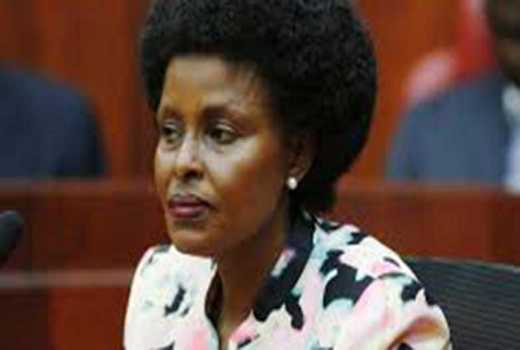×
The Standard e-Paper
Kenya’s Boldest Voice

Since coming to office in January 2017, members of the Independent Electoral and Boundaries Commission (IEBC) have frequently fought among themselves, and often in public.
The latest fight led to the dramatic resignation of three commissioners, Vice Chair Consolata Nkatha Maina, Margaret Mwachanya and Paul Kurgat. The move has left the IEBC paralysed.